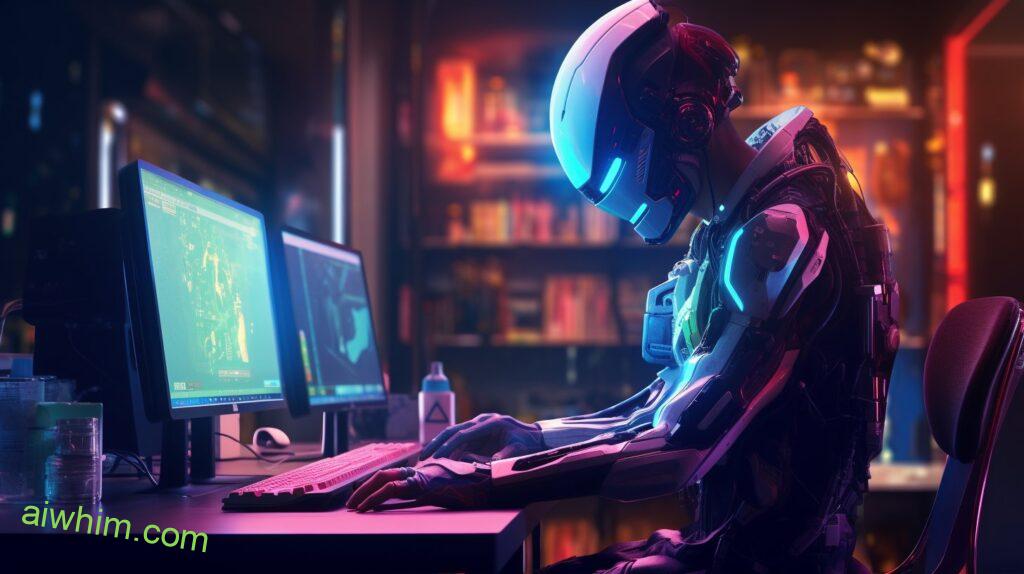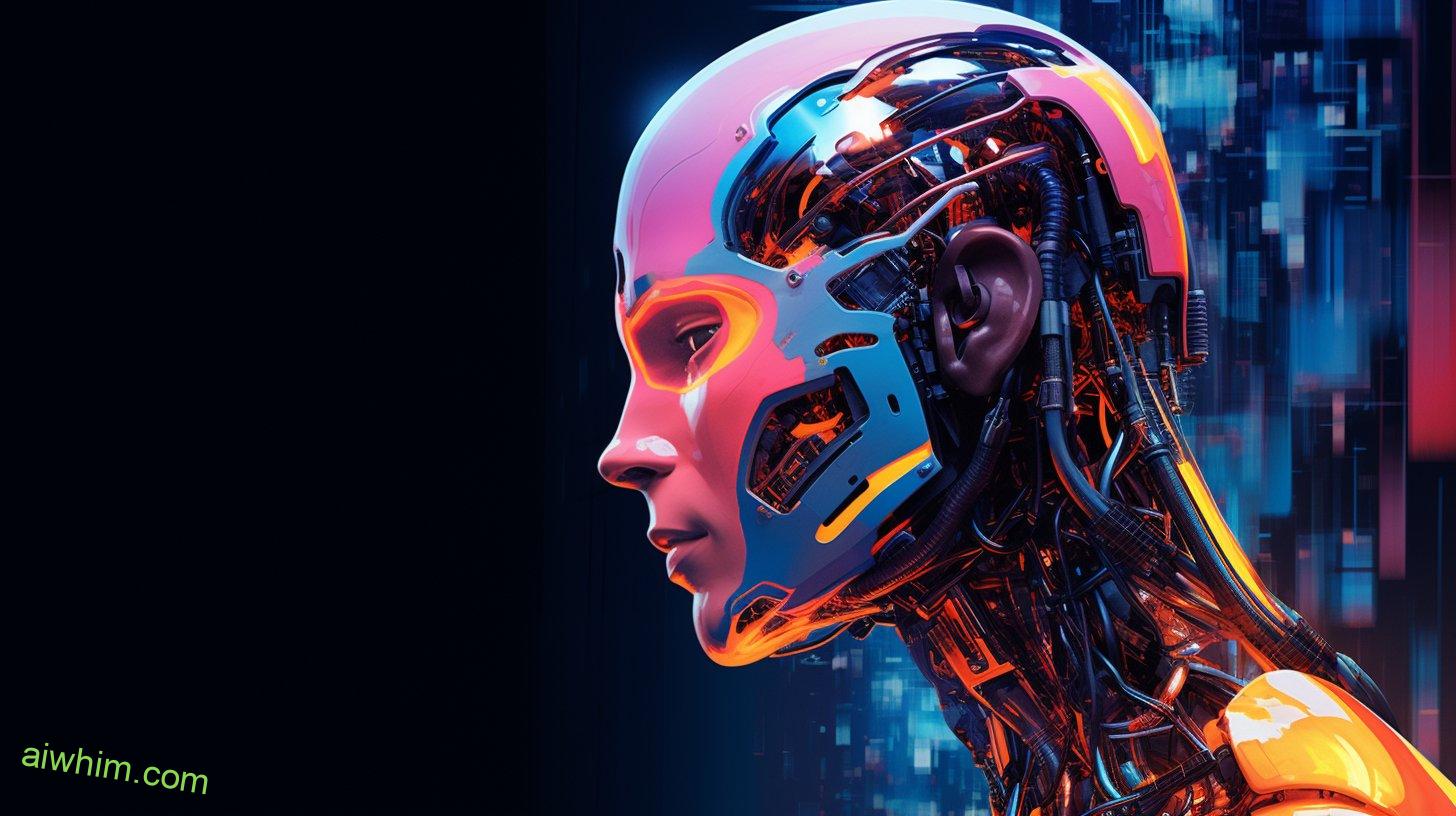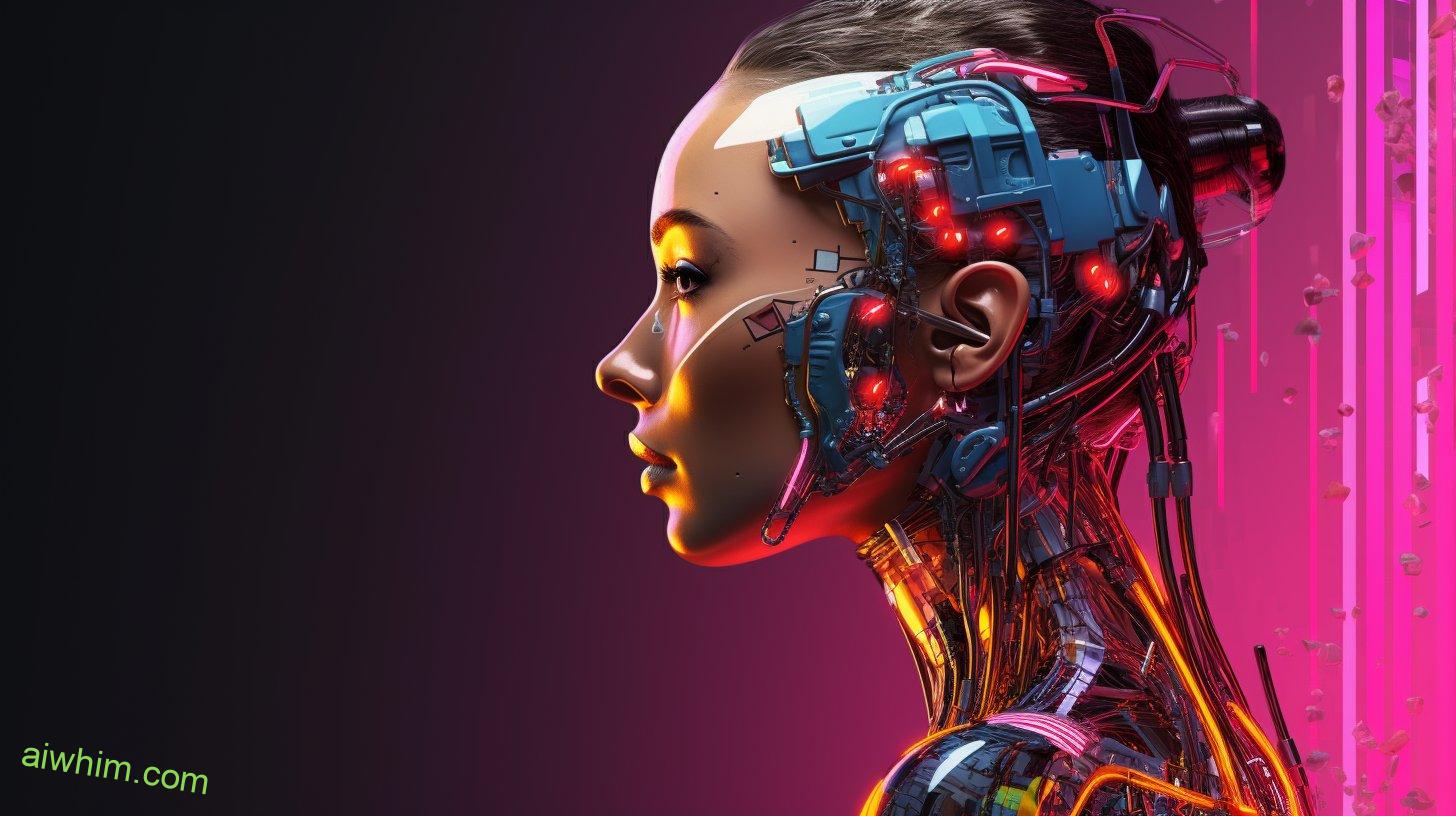Are you ready to see the future through a different lens? Brace yourself, because artificial intelligence (AI) is revolutionizing the optician industry.
Will AI render optician positions obsolete? Explore how this cutting-edge technology is reshaping eye care, automating tasks, and enhancing patient experience.
Discover the potential of AI-powered diagnostic tools and precision lens crafting. Don’t fear job loss; learn strategies for adapting to the digital age and embracing the freedom that AI brings.
The future of optician services awaits your exploration.
Key Takeaways
- AI has the potential to reduce the demand for human opticians, potentially leading to a decrease in job opportunities and salaries.
- Striking a balance between AI and human judgment is crucial, with AI being used as a tool rather than a replacement for human judgment.
- Automation in the optician industry can streamline processes, increase efficiency, and provide a more efficient experience for customers.
- AI technology in optometry, such as AI-assisted eye exams and AI-powered diagnostic tools, can revolutionize the way opticians assess and correct vision issues, leading to improved efficiency, accuracy, and personalized care.
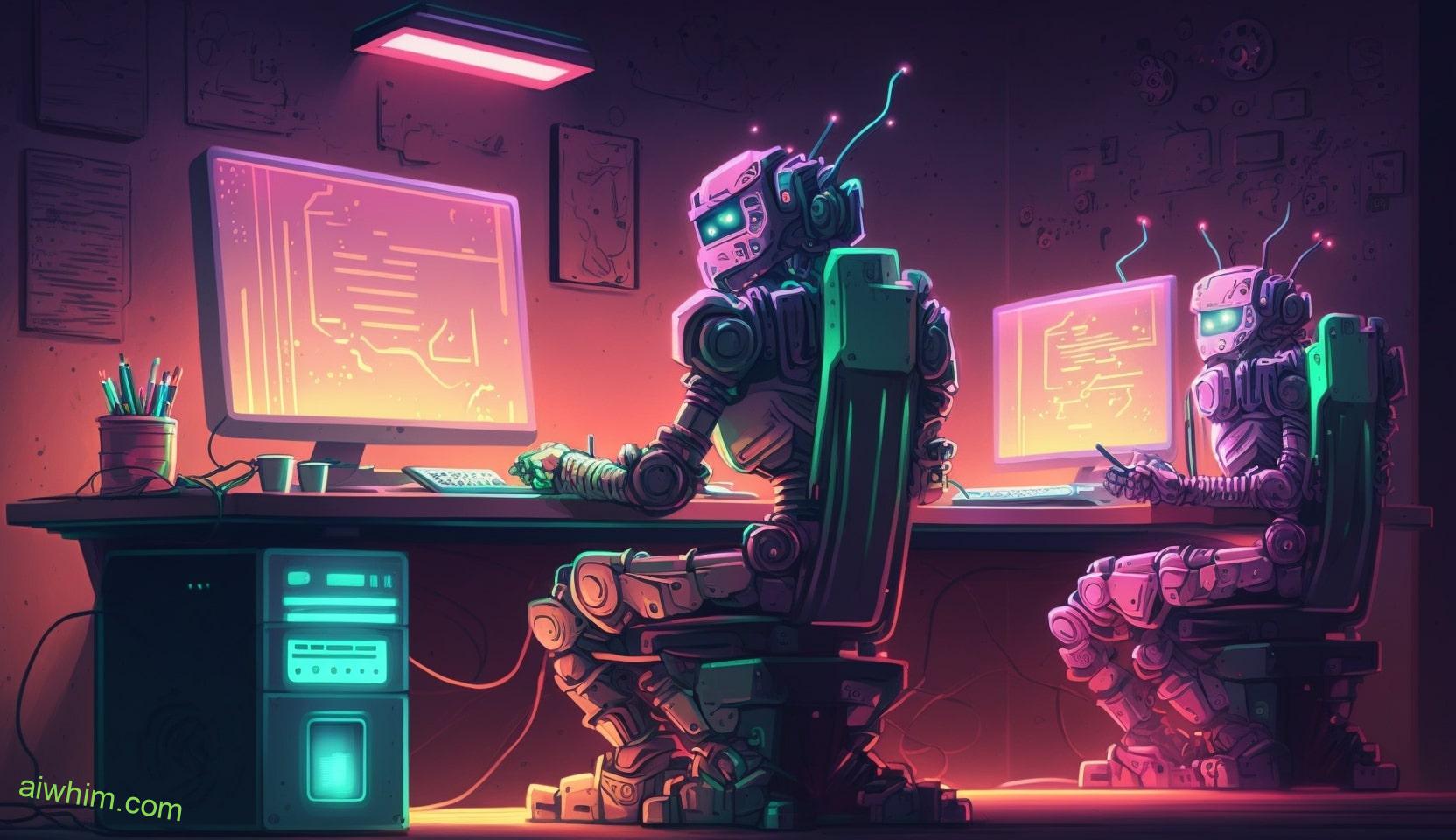
The Rise of AI in Optometry
AI is expected to revolutionize optometry by automating certain tasks and potentially rendering some optician positions obsolete. With the advancement of AI technology, it’s no surprise that its impact in the field of optometry has become a hot topic of discussion. While many argue that AI can bring about positive changes and improvements, others have concerns about the potential drawbacks it may bring.
One major concern regarding the rise of AI in optometry is its impact on optician salaries. As AI takes over certain tasks traditionally performed by opticians, such as measuring and fitting eyeglasses, there is a possibility that the demand for human opticians could decrease. This could lead to reduced job opportunities and ultimately result in lower salaries for those still working in the field. However, it’s important to note that while automation may replace some tasks, there will always be a need for skilled professionals who can provide personalized care and guidance to patients.
Another potential drawback of AI in optometry is the risk of relying too heavily on technology. While AI can certainly enhance efficiency and accuracy, it should not replace human judgment entirely. Optometrists possess unique skills and expertise gained through years of education and experience which cannot be replicated by machines alone. It’s crucial to strike a balance between utilizing AI technology as a tool to aid diagnosis and treatment decisions while still recognizing the importance of human involvement.
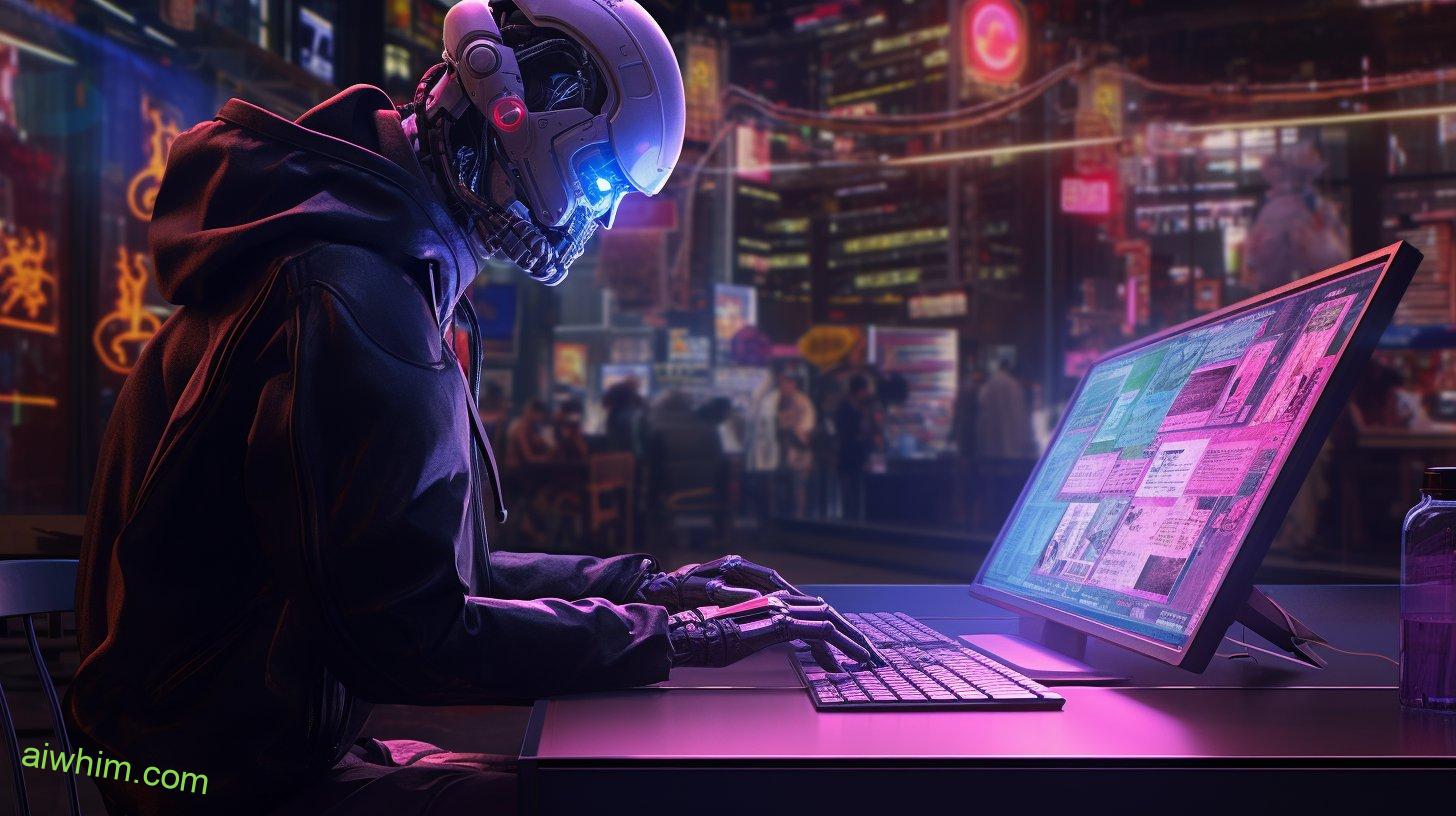
AI’s Impact on Optician Jobs
You may be wondering how advancements in technology will affect the future of optician jobs. Well, let’s take a moment to explore the potential impact that AI could have on this field.
Here are a few things to consider:
- Automation: With the rise of AI, certain tasks currently performed by opticians could potentially be automated. This could include things like measuring and fitting eyewear or even conducting basic vision tests. While this might streamline processes and make them more efficient, it also raises questions about job security and the need for human expertise.
- Enhanced Diagnosis: AI has incredible potential when it comes to diagnosing eye conditions and diseases. By analyzing large amounts of data, AI algorithms can identify patterns and indicators that might otherwise go unnoticed by humans. This could lead to earlier detection of issues and more accurate diagnoses.
- Ethical Implications: As with any technological advancement, there are ethical considerations to ponder. For example, who should be held responsible if an AI algorithm misdiagnoses a patient? And what about the potential bias in algorithms if they are not properly trained on diverse datasets? These are important questions that must be addressed as we move forward with integrating AI into optometry.
While it is impossible to predict exactly how these advancements will play out in the future of optician jobs, one thing is clear: change is on the horizon. It is up to us as individuals within this field to embrace these developments while also advocating for responsible implementation that prioritizes patient well-being and maintains job opportunities for skilled professionals like yourself.
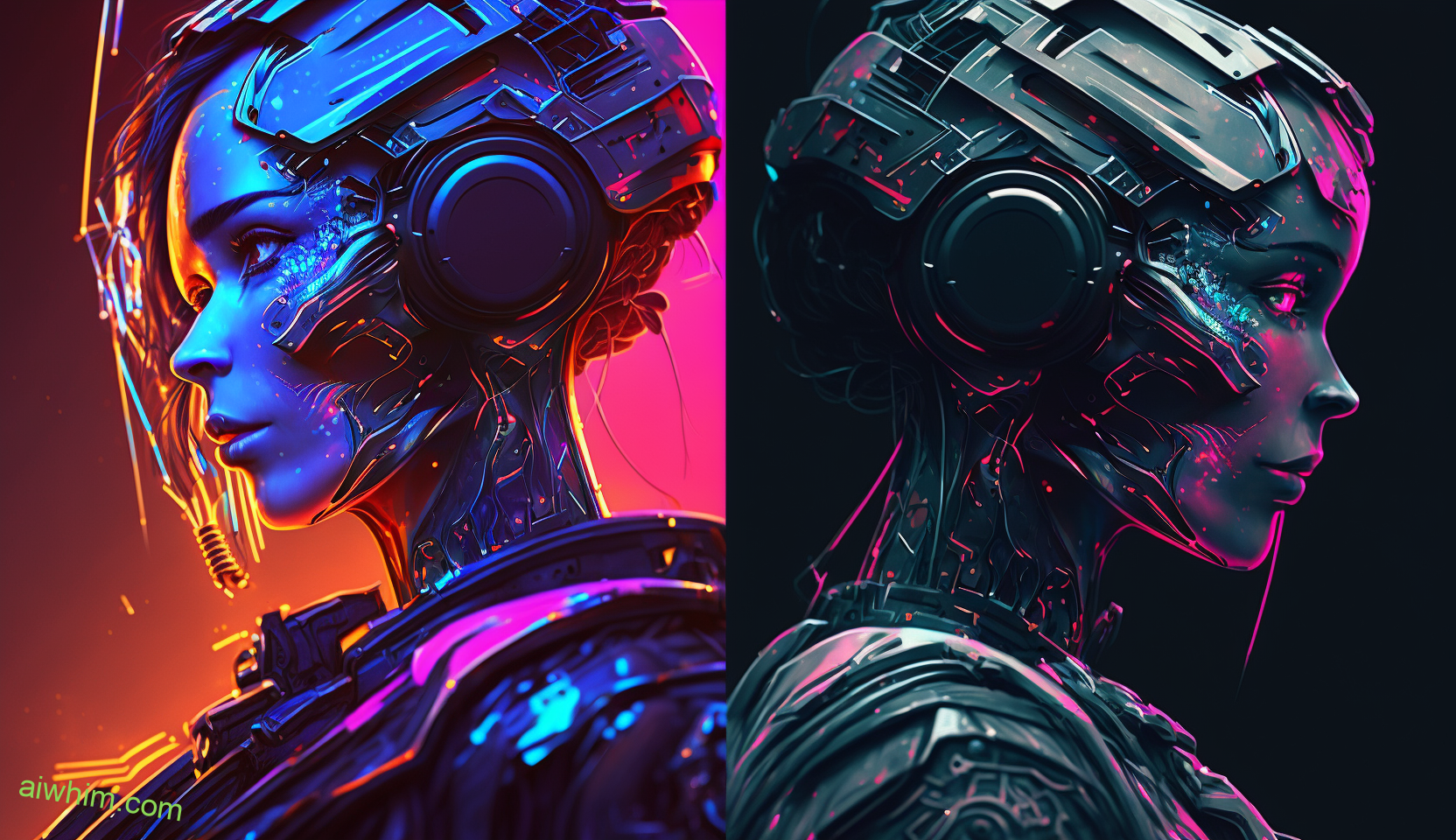
Automation in the Optician Industry
As technology advances, automation has the potential to significantly impact the optician industry. With AI advancements in eye care, automation is becoming more prevalent in optician sales. This shift towards automation brings both benefits and challenges for those working in this field.
Automation in optician sales is revolutionizing the way customers are served. AI-powered tools can now perform tasks that were previously done manually by opticians. For example, automated systems can assist with measuring eyeglass prescriptions and recommend suitable frames based on facial recognition technology. These advancements not only save time but also provide a more efficient and personalized experience for customers.
However, while automation may streamline certain aspects of the job, it also raises concerns about job security. As machines become more capable of performing tasks traditionally done by humans, there is a fear that optician positions could become obsolete. However, it’s important to remember that human touch and expertise cannot be completely replaced by machines.
Instead of viewing automation as a threat to their careers, opticians should embrace it as an opportunity for growth and innovation. By adapting to new technologies and expanding their skill set, they can stay relevant in an evolving industry.
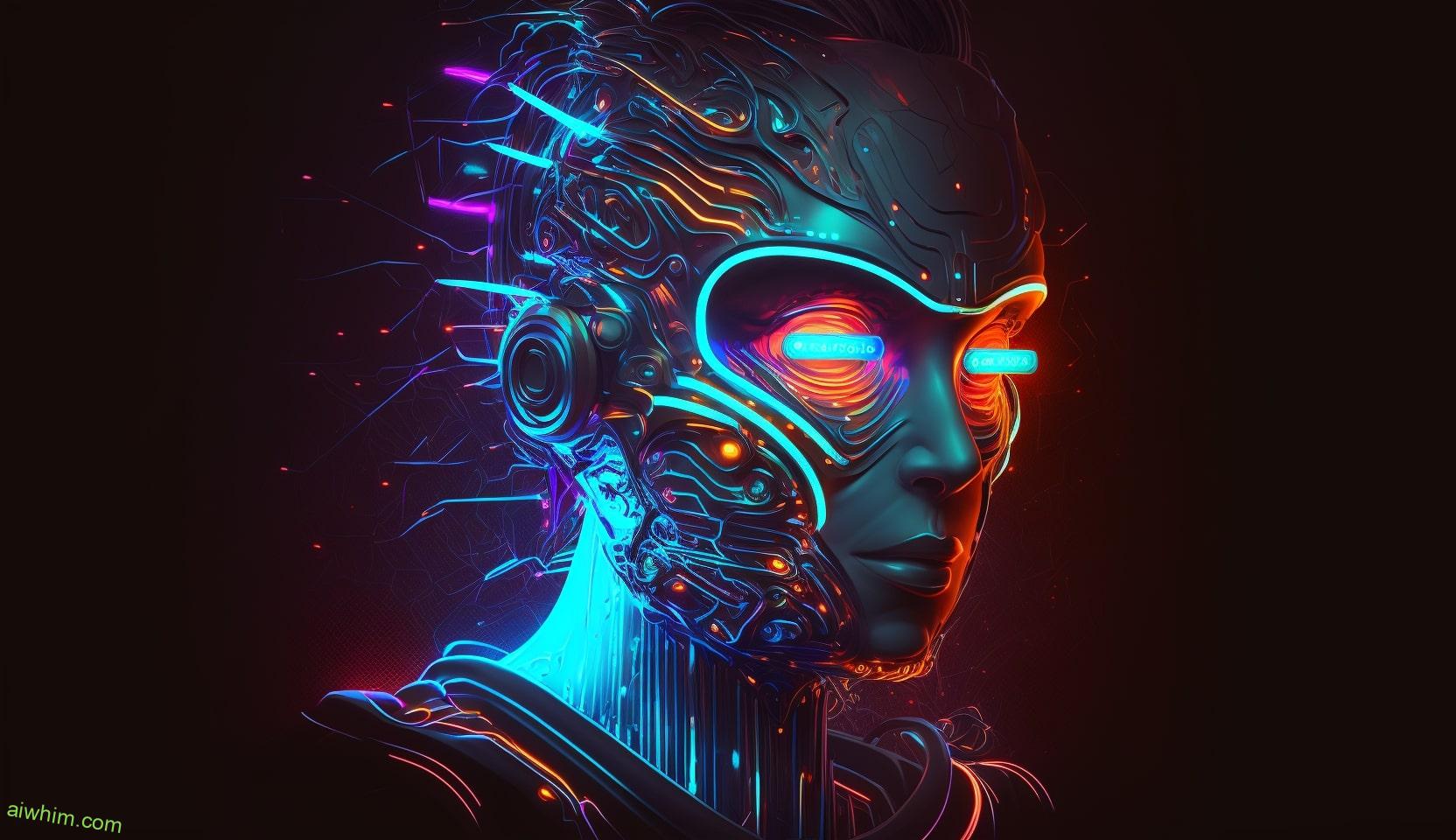
AI-Assisted Eye Exams
With the integration of AI technology, opticians can now utilize automated systems for more efficient and accurate eye exams. Gone are the days of relying solely on manual examinations to determine vision correction needs. AI-powered tools have revolutionized the way opticians assess and correct vision issues.
Here’s how AI is transforming eye exams:
- AI in Contact Lenses: Artificial intelligence has paved the way for smart contact lenses that can monitor various aspects of eye health. These lenses use advanced algorithms to track changes in your eyesight, detect early signs of diseases, and even adjust their own prescription based on real-time data. With AI-infused contact lenses, you no longer need to rely solely on periodic check-ups or worry about outdated prescriptions.
- AI and Vision Correction: AI algorithms have made significant advancements in the field of vision correction. By analyzing vast amounts of data from previous eye exams, these algorithms can predict optimal prescriptions with remarkable accuracy. This means faster and more precise vision correction for patients, without the need for extensive trial-and-error tests.
- Improved Efficiency and Accuracy: The integration of AI technology into optician practices has significantly improved efficiency and accuracy during eye exams. Automated systems powered by machine learning algorithms can quickly analyze retinal images, identify potential issues such as cataracts or macular degeneration, and provide detailed reports for further analysis by opticians.
By leveraging AI technology in contact lenses and vision correction processes, opticians are empowered to offer personalized solutions that cater to individual needs while ensuring higher levels of accuracy than ever before. The freedom to access convenient and reliable eye care becomes a reality with these advancements in artificial intelligence.
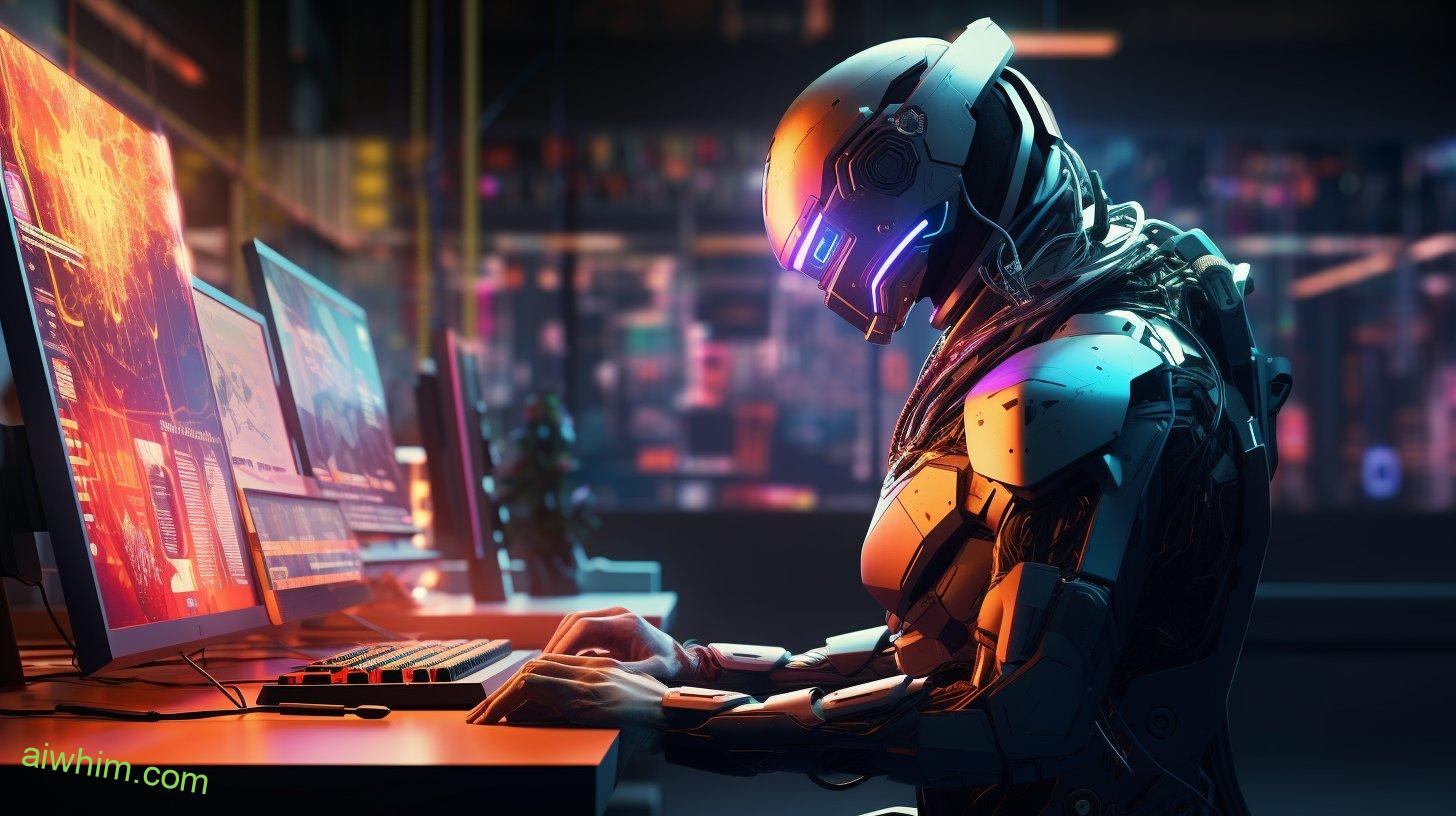
AI-Powered Diagnostic Tools
Imagine having access to AI-powered diagnostic tools that can quickly and accurately detect eye conditions, revolutionizing the way opticians assess your vision health. With AI-driven retinal imaging, you can now receive a comprehensive examination that goes beyond what traditional methods can offer. These cutting-edge tools analyze high-resolution images of your retina, allowing for early detection of diseases like glaucoma or macular degeneration. No longer will you have to wait for symptoms to worsen before seeking treatment.
Not only does AI enhance diagnostic capabilities, but it also improves the process of contact lens fitting. Through AI-guided technology, opticians can now determine the perfect fit for your lenses with greater precision. By analyzing factors such as corneal curvature and tear film stability, the AI algorithms recommend the most suitable contacts for your unique needs. This means a more comfortable and accurate fit, reducing the risk of complications and maximizing your visual acuity.
With these advancements in AI-powered diagnostics, you gain greater control over your vision health. You no longer have to rely solely on subjective assessments or lengthy examinations. Instead, you can benefit from efficient and accurate evaluations that empower you to make informed decisions about your eye care.
The freedom offered by AI-driven diagnostic tools extends beyond convenience; it ensures earlier detection of potential eye conditions and enhances overall treatment outcomes. By embracing this technology, opticians are able to provide a higher level of care while empowering individuals like yourself to take charge of their vision health journey.
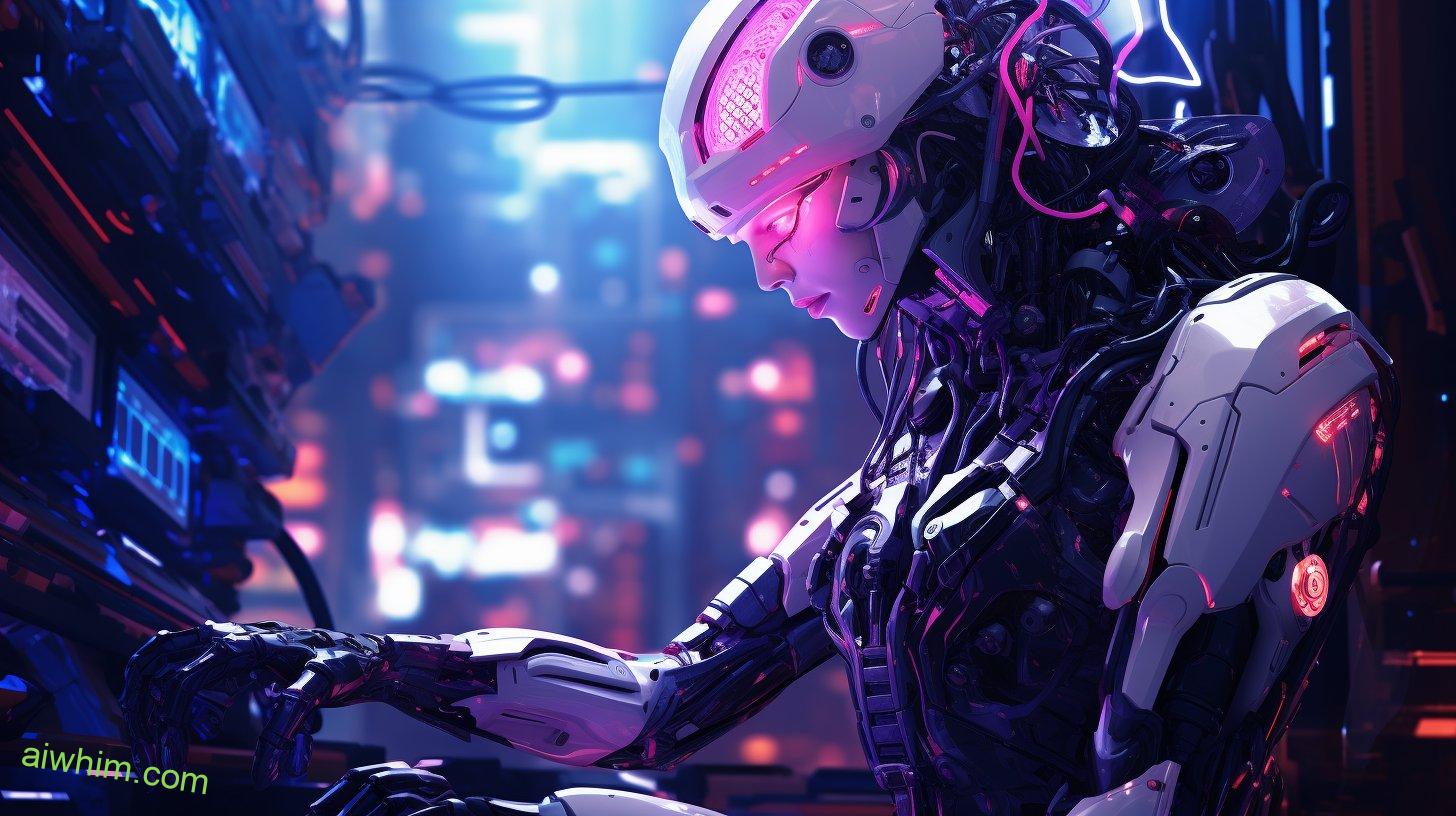
The Role of AI in Eyewear Selection
AI’s role in eyewear selection revolutionizes the way individuals can find the perfect pair of glasses, enhancing both style and comfort. With AI-driven eyewear recommendations, you no longer have to spend hours trying on countless frames at the optician’s office. Here are three ways AI is transforming your vision correction experience:
- Personalized Recommendations: AI algorithms analyze various factors, such as your face shape, skin tone, and personal style preferences to suggest eyewear options that suit you best. This means that you can find frames that not only fit your prescription but also enhance your unique features.
- Virtual Try-On: Say goodbye to awkwardly trying on glasses in front of a mirror! Using augmented reality technology, AI allows you to virtually try on different frames from the comfort of your own home. You can see how different styles look on your face without stepping foot into a store.
- Improved Accuracy: AI’s role in personalized vision correction goes beyond just recommending stylish frames. It also takes into account intricate details like lens thickness and curvature adjustments based on your prescription. This ensures that you have optimal visual clarity and comfort with every pair of glasses.
With these advancements in AI-driven eyewear selection, finding the perfect pair of glasses has never been easier or more convenient. Embrace the freedom to explore a wide range of styles and make confident decisions about what suits you best. Let AI guide you towards eyewear options that not only correct your vision but also reflect your individuality and enhance your personal style.

AI in Lens Manufacturing and Prescription Fulfillment
When it comes to lens manufacturing and prescription fulfillment, AI streamlines the process and ensures accurate results tailored to your vision needs. With the advancement of technology, AI has found its way into contact lenses as well. AI in contact lenses brings convenience and efficiency to your eye care routine.
Robotic lens manufacturing is one of the key areas where AI is making a significant impact. Gone are the days when human error could lead to imprecise prescriptions or improperly manufactured lenses. Now, robots equipped with AI algorithms can precisely cut and shape lenses according to your specific prescription, ensuring optimal visual clarity.
Not only does AI streamline the manufacturing process, but it also improves prescription fulfillment. Through machine learning techniques, AI can analyze vast quantities of data on different eye conditions and their corresponding prescriptions. This enables opticians to make more accurate recommendations for lens options that best suit your individual needs.
With AI in lens manufacturing and prescription fulfillment, you have the freedom to trust in a system that prioritizes precision and accuracy while catering to your unique vision requirements. The integration of artificial intelligence reduces the chances of errors occurring during production or fitting.
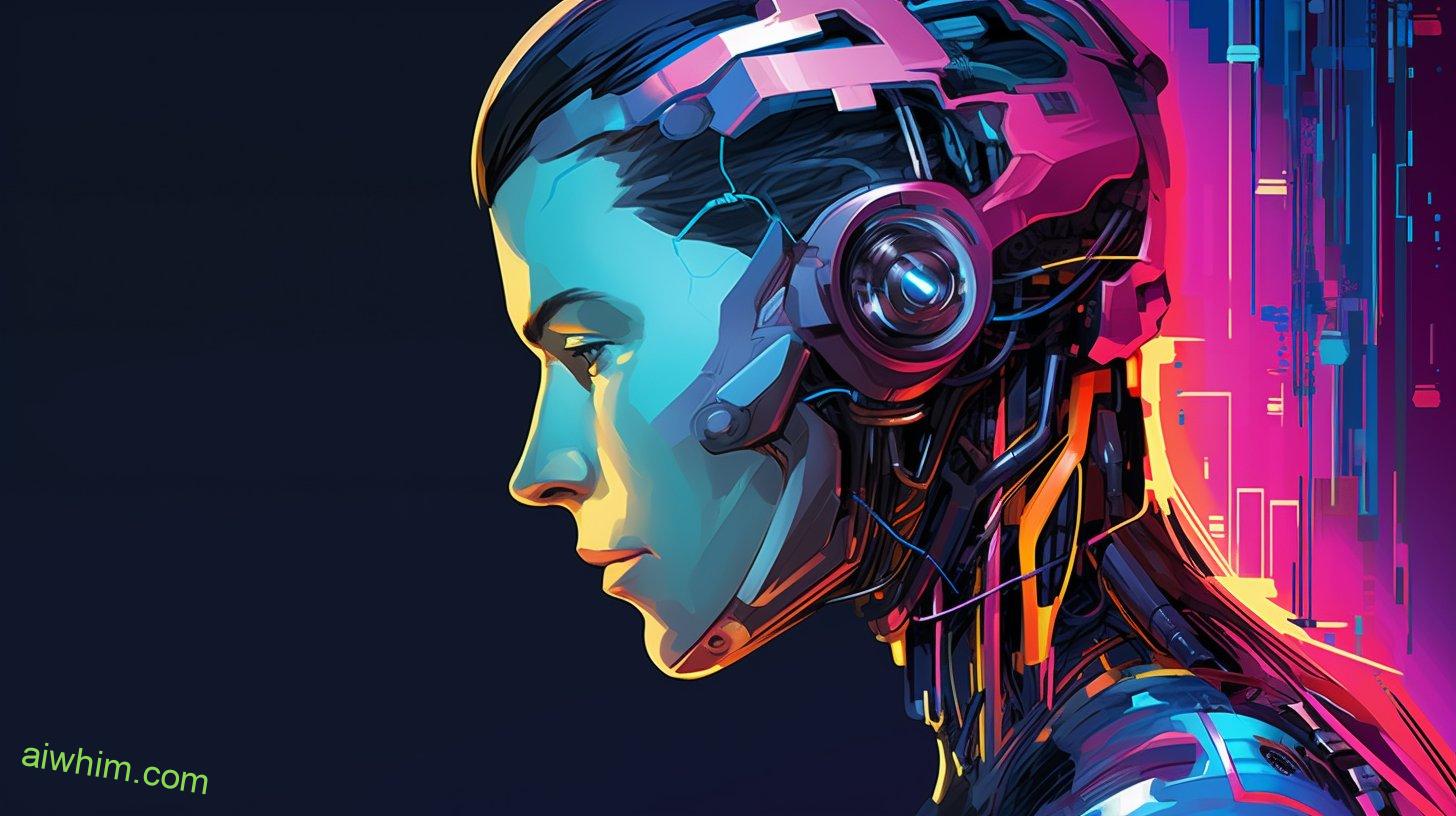
How AI Is Revolutionizing Vision Testing
During vision testing, AI technology allows for more precise and efficient assessments tailored to your unique eye health needs. With AI advancements in vision correction, you can experience a revolutionized approach to evaluating your eyesight. Here’s how AI is transforming the way we test our vision:
- Personalized Assessments: AI algorithms analyze data from various diagnostic tests, such as visual acuity tests and retinal imaging, to generate a comprehensive report on your eye health. This personalized assessment helps identify any potential issues or changes that may require further attention.
- Enhanced Accuracy: By leveraging machine learning capabilities, AI-powered vision testing systems continuously improve their accuracy over time. They learn from vast amounts of data to detect subtle changes in your eyesight that might go unnoticed during traditional testing methods.
- Efficient Screening: With AI-driven advancements in contact lens manufacturing, you can now benefit from quicker and more accurate screenings. The integration of AI technology into contact lens fitting enables opticians to find the most suitable lenses based on your individual visual requirements.
AI technology not only improves the precision of vision testing but also enhances the overall experience for patients like yourself. It empowers you with knowledge about your eye health while saving you valuable time during appointments. So embrace the freedom that comes with advanced AI-driven solutions and discover a new level of efficiency when it comes to taking care of your precious sight.
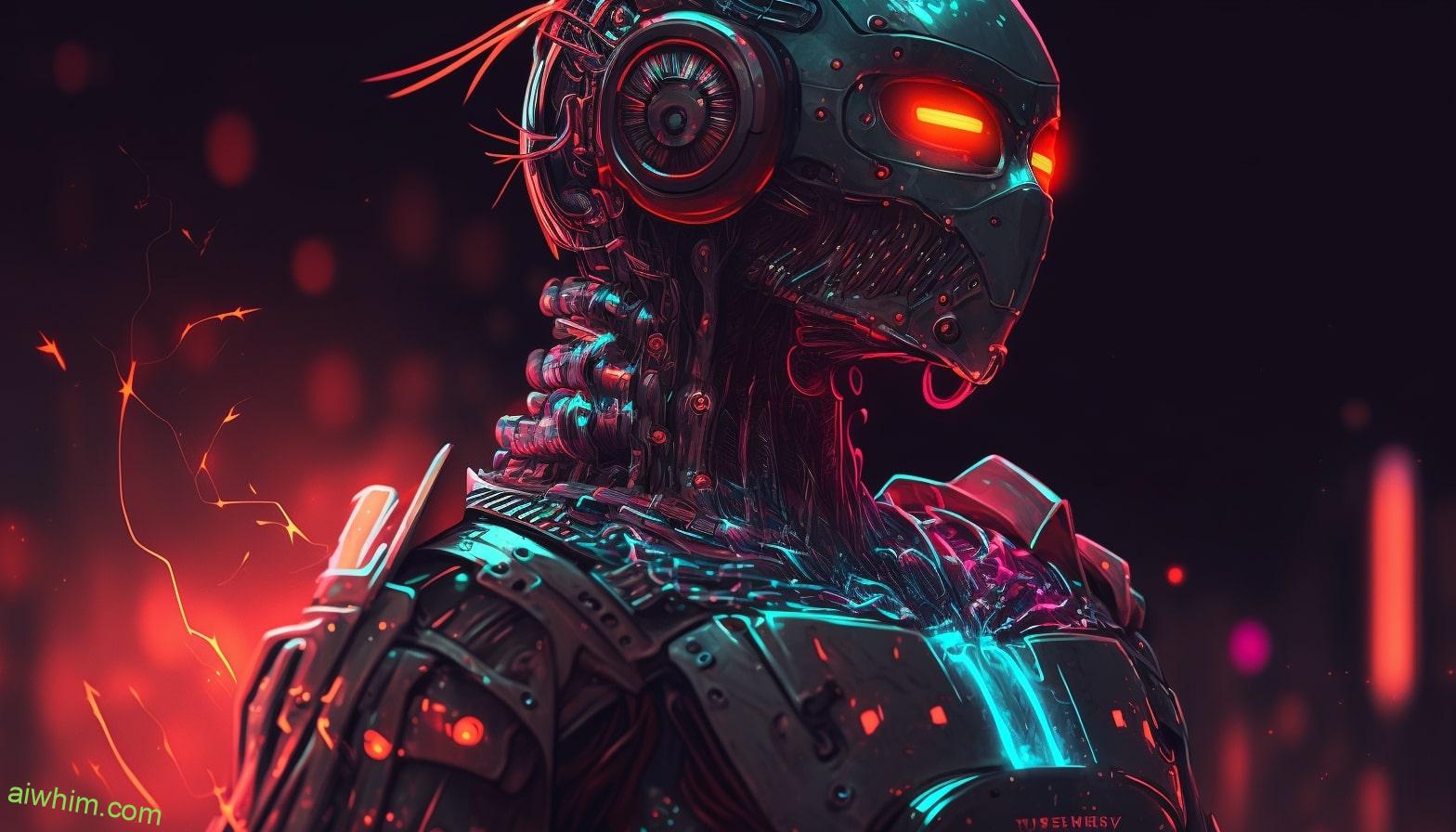
AI’s Effect on Optician Training and Education
Optician training and education are being transformed by AI, providing you with advanced tools and resources for a more comprehensive learning experience.
In the past, optician training faced challenges in terms of access to real-world cases and practical training opportunities. However, with the advent of AI technology, these limitations are gradually being overcome.
AI’s impact on optician education and certification is significant. With AI-powered simulations and virtual reality applications, you can now gain hands-on experience in various opticianry procedures, such as fitting contact lenses or adjusting frames. These interactive platforms allow you to practice skills in a safe and controlled environment before working with actual patients. This not only enhances your confidence but also improves your ability to provide quality eye care.
Additionally, AI algorithms can analyze vast amounts of data from patients’ medical records and diagnostic tests. By studying this data, you can learn how different eye conditions manifest themselves and understand the best course of action for each case. This knowledge equips you with valuable insights that contribute to accurate diagnosis and effective treatment plans.
Moreover, AI-based learning systems offer personalized educational content tailored to your individual needs. These intelligent platforms adapt their teaching methods based on your progress and areas requiring improvement. This ensures that you receive targeted instruction where it matters most and helps optimize your learning efficiency.
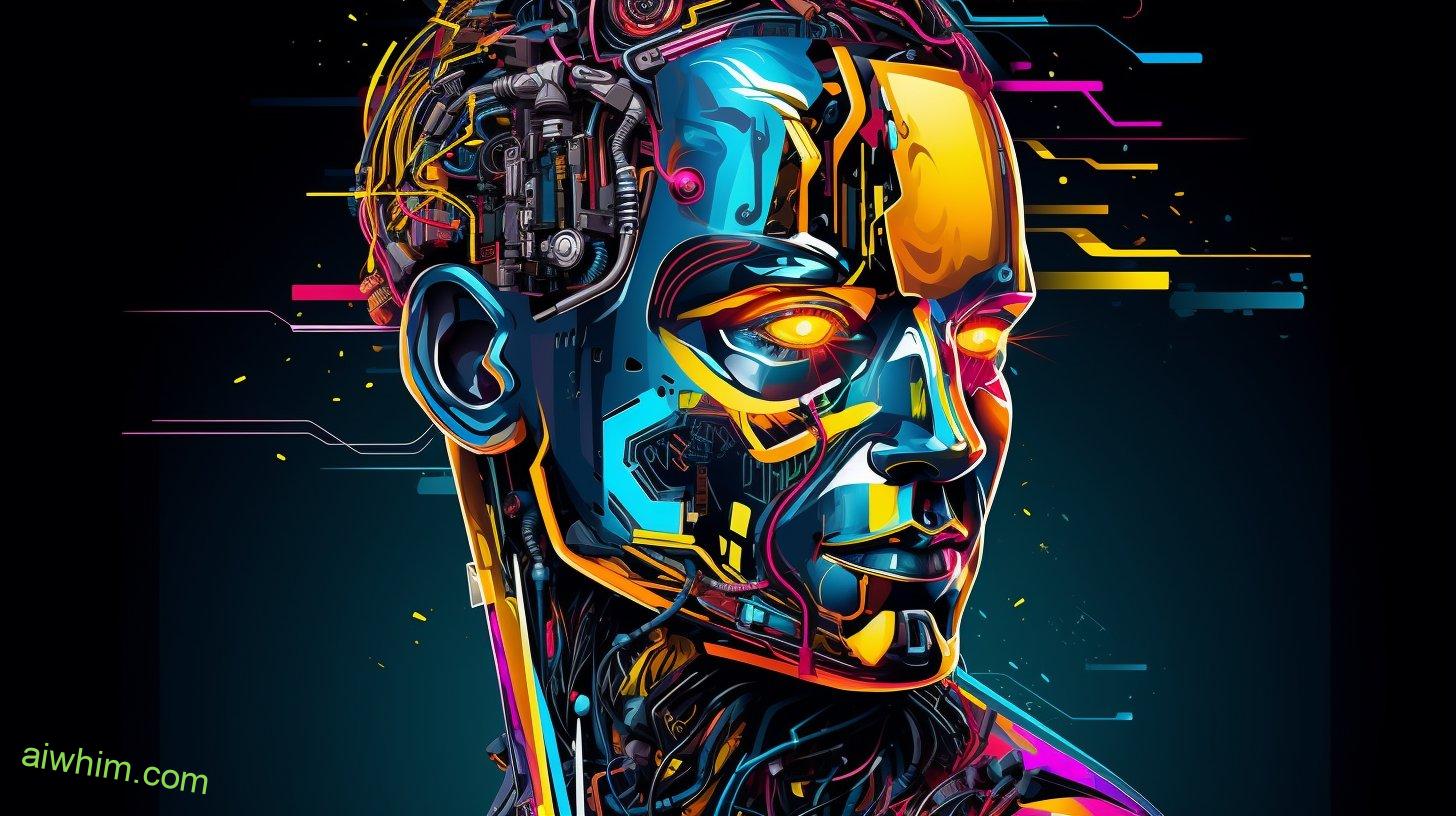
The Future of Optician Careers in an AI Era
As an optician in the AI era, you can expect your career to evolve and offer new opportunities for growth and specialization. The future of optician careers is filled with exciting possibilities, thanks to advancements in artificial intelligence. Here are some key points to consider:
- Increased Efficiency: With the integration of AI technology, tasks such as measuring patients’ prescription requirements or recommending suitable eyewear can be done more efficiently. This allows you to focus on personalized patient care and building strong relationships.
- Expansion of Services: The rise of AI opens up a whole new world of possibilities for opticians. You can explore additional services like fitting advanced contact lenses, offering vision therapy programs, or collaborating with ophthalmologists in diagnosing eye conditions.
- Emphasis on Soft Skills: While AI will handle certain technical aspects, your expertise as an optician will still be invaluable. Developing strong communication skills, empathy, and a deep understanding of patient needs will become even more crucial in providing exceptional care.
In order to thrive in this evolving landscape, there are several necessary skills you should cultivate:
- Adaptability: As technology continues to advance rapidly, it’s important to embrace change and continuously update your knowledge and skillset.
- Tech Literacy: Familiarize yourself with AI applications specific to the field of optometry. Understanding how these technologies work will help you harness their potential effectively.
- Continuous Learning: Stay updated on the latest trends and research related to optics and eye health by attending conferences, workshops or pursuing advanced certifications.
Remember that while AI may automate certain aspects of your job, it will also create new avenues for professional growth and innovation within the field of opticianry. Embrace these changes with an open mind and seize the future job opportunities that come along with them!
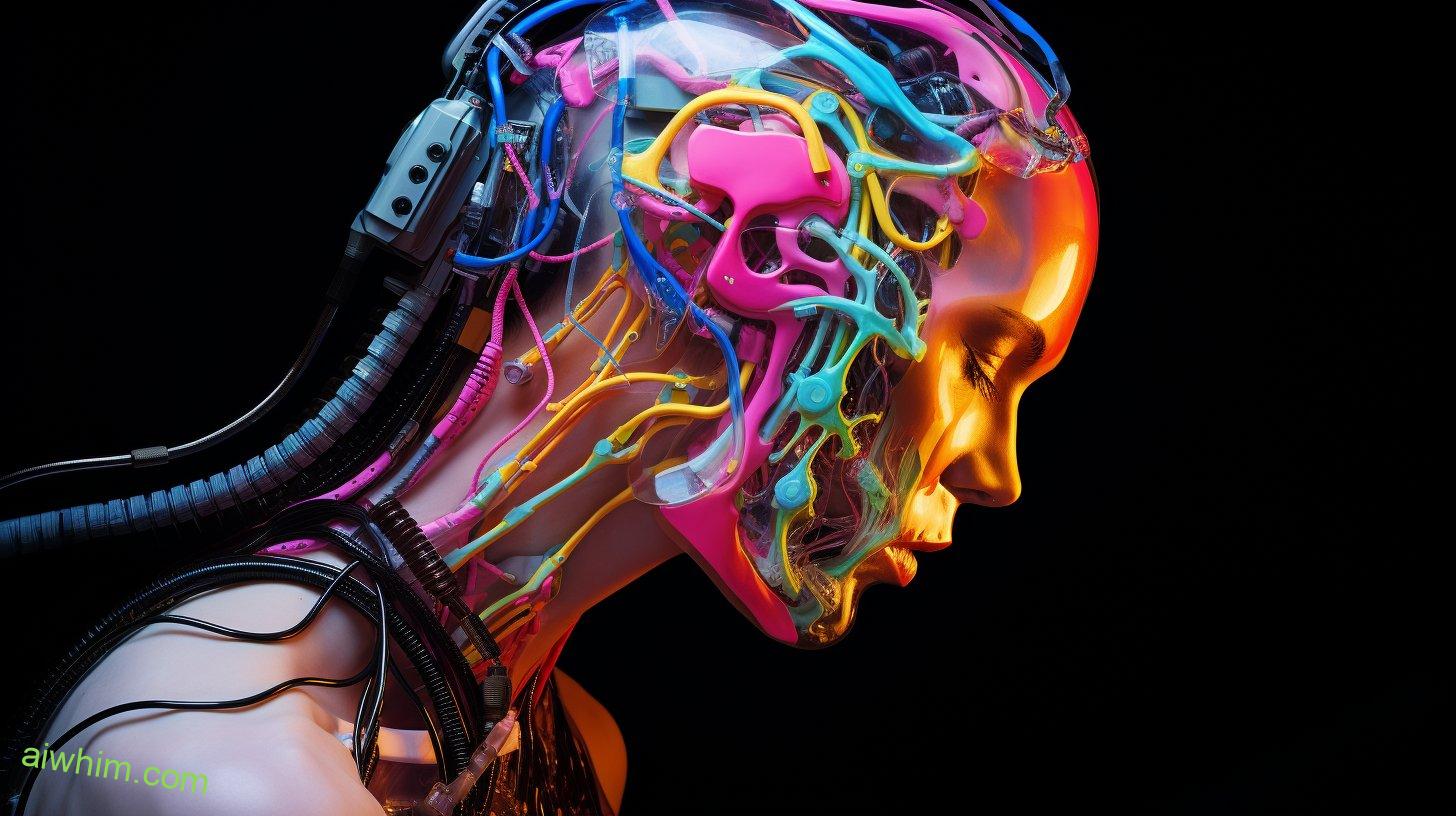
Ethical Considerations With AI in Optometry
You should consider the ethical implications that arise with the integration of AI technology in optometry. As advancements in artificial intelligence continue to revolutionize various industries, including healthcare, it is important to address the potential impact on patient privacy and the ethical considerations surrounding AI’s role in diagnosing eye conditions.
One of the key concerns regarding AI in optometry is its impact on patient privacy. With the use of AI-powered systems for diagnosing eye conditions, there is a vast amount of personal health data being collected and analyzed. This raises questions about how this data is stored, accessed, and shared. It becomes crucial to ensure that strict privacy measures are in place to protect patients’ sensitive information from unauthorized access or misuse.
Furthermore, there are ethical implications when relying solely on AI for diagnosing eye conditions. While AI technology can analyze large amounts of data quickly and accurately, it lacks the human element of empathy and intuition that optometrists possess. Optometry involves not only identifying eye conditions but also understanding patients’ individual circumstances and providing holistic care. Relying solely on AI may overlook important factors that could affect diagnosis or treatment plans.
It is essential to strike a balance between utilizing AI technology for its efficiency and accuracy while also upholding ethical standards in optometry practice. Implementing comprehensive protocols for securing patient data can help safeguard their privacy rights. Additionally, integrating AI as an assistive tool rather than a replacement for optometrists can ensure that patients receive personalized care tailored to their unique needs.
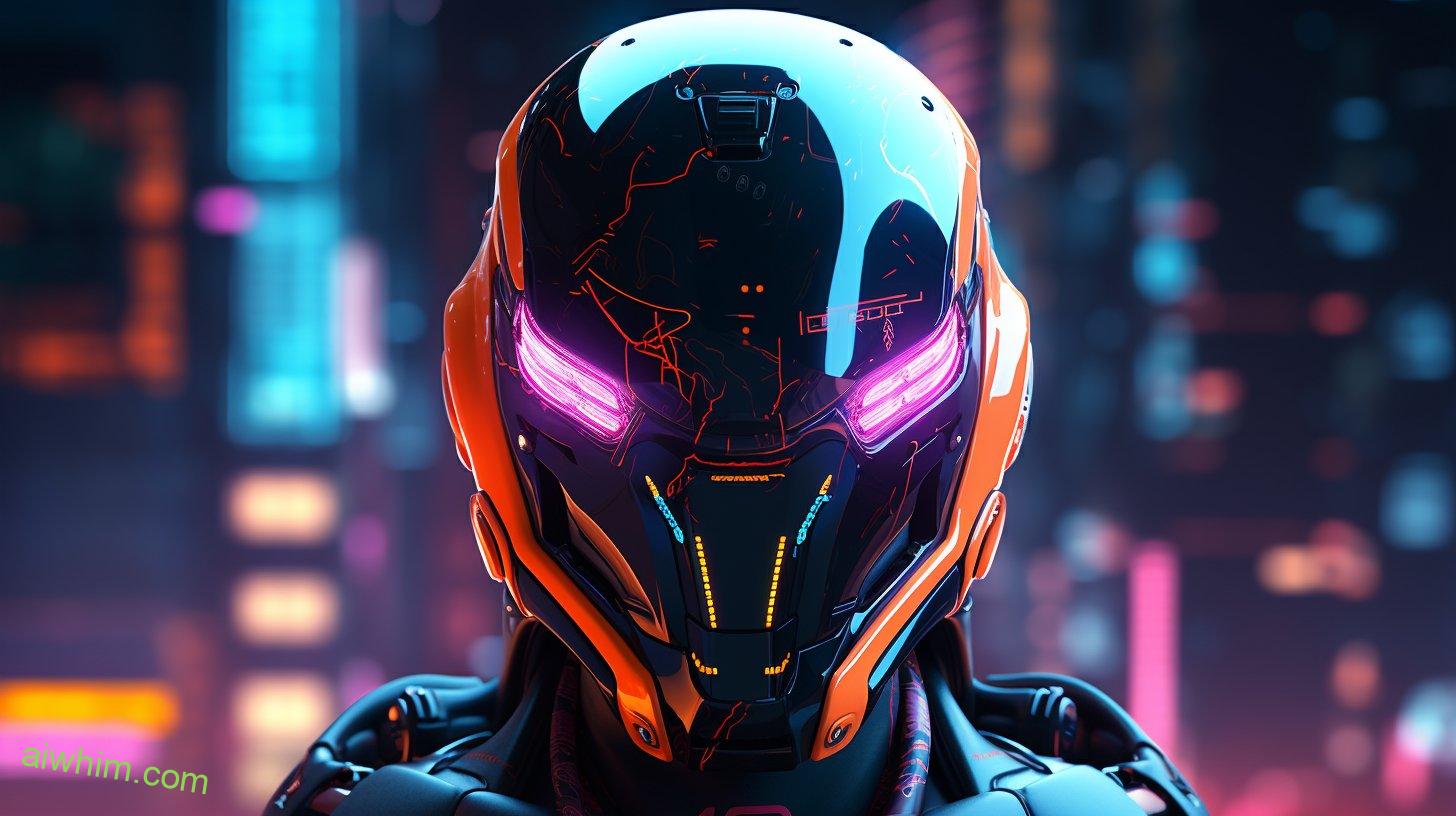
Enhancing Patient Experience With AI in Optician Services
Enhancing the patient experience in optician services can be achieved by integrating AI technology to streamline appointment scheduling and provide personalized recommendations based on individual needs. With the advancements in AI, opticians can now offer a more efficient and tailored service to their customers.
Here’s how AI can revolutionize the way you receive optician services:
- Efficient Appointment Scheduling: AI-powered systems can analyze your availability and preferences, making it easier for you to find suitable appointment slots. No more waiting on hold or spending time going back-and-forth with receptionists. AI takes care of it all, giving you the freedom to choose what works best for you.
- Personalized Eyewear Recommendations: Say goodbye to hours spent trying on countless frames that don’t quite suit your style or face shape. By utilizing AI algorithms, opticians can now provide personalized eyewear recommendations based on your unique facial features and personal preferences. This means finding that perfect pair of glasses becomes a breeze.
- Seamless Customer Service: AI technology allows for better customer support by providing instant responses to frequently asked questions and concerns. Whether it’s through chatbots or virtual assistants, you’ll have access to round-the-clock assistance without having to wait for human intervention.
By incorporating AI into optician services, the patient experience is greatly enhanced. From effortless appointment scheduling to personalized eyewear recommendations, these advancements allow for a more convenient and customized approach to eye care.
Embrace the future of optician services with AI and enjoy a hassle-free journey towards better vision!

AI’s Potential to Improve Precision in Lens Crafting
With the potential of AI, precision in lens crafting can be significantly improved, revolutionizing the way opticians create lenses that perfectly meet your vision needs.
The advancement of artificial intelligence technology offers exciting possibilities for enhancing the accuracy and customization of lenses.
Imagine being able to have lenses tailored specifically to your unique vision requirements. With AI, opticians can use sophisticated algorithms to analyze your eye measurements and create lenses with unparalleled precision. This means that you can enjoy clearer and sharper vision, resulting in a more comfortable visual experience.
AI-powered machines can also help optimize the lens manufacturing process. By utilizing machine learning algorithms, these machines can detect and correct any imperfections in lens production, ensuring consistent quality across every pair. This level of precision enhancement guarantees that each lens is crafted to perfection, meeting even the most demanding standards.
Furthermore, AI enables opticians to offer a higher degree of lens customization. Through advanced data analysis techniques, AI systems can take into account factors such as your lifestyle choices and visual habits when designing your lenses. Whether you spend long hours working on computers or engage in outdoor activities regularly, AI technology can fine-tune the characteristics of your lenses to suit your specific needs.
The potential benefits of using AI in lens crafting are immense. From improved precision and customization to enhanced overall visual experience, this technology empowers you with freedom by providing lenses that are tailor-made for your individual requirements.
Embrace this exciting era where science meets personalization and witness how AI transforms the world of optician services for you.
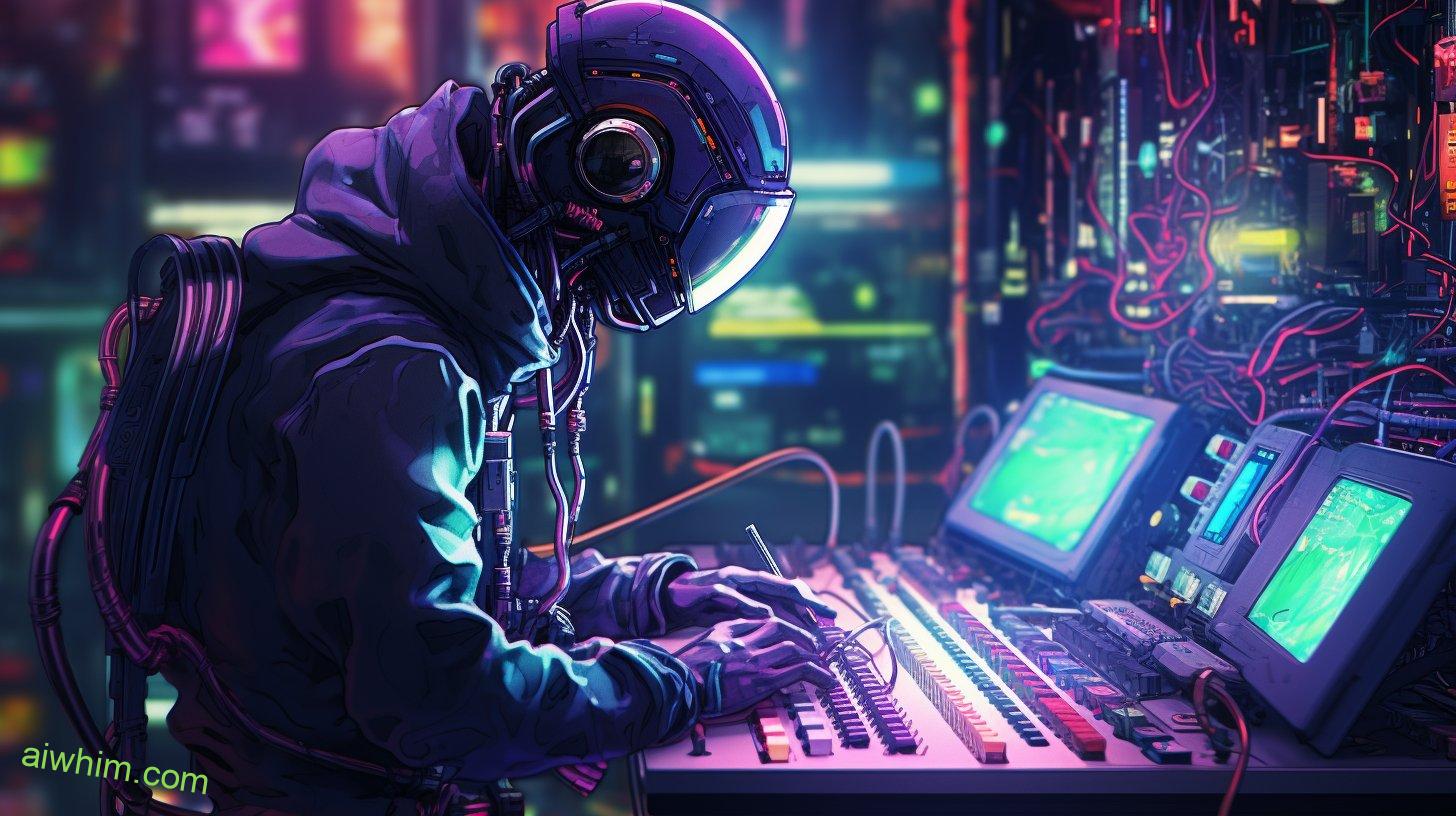
Addressing Concerns About Job Loss in Optician Field
In the previous subtopic, we explored how AI has the potential to improve precision in lens crafting. Now, let’s address your concerns about job loss in the optician field and how we can redefine optician roles to adapt to the changing landscape.
First and foremost, it’s important to recognize that AI technology is designed to assist rather than replace humans. While there may be some changes in the way certain tasks are performed, it doesn’t mean that optician positions will become obsolete.
Here are a few ways we can address job displacement and redefine optician roles:
- Embrace technological advancements: Instead of fearing AI, embrace it as a tool that can enhance your skills and efficiency. By learning how to work alongside AI systems, you can become an even more valuable asset in providing personalized eye care.
- Expand expertise beyond traditional duties: Opticians have a wealth of knowledge when it comes to eyewear selection and fitting. Use this expertise to offer additional services such as personalized style consultations or specialized vision assessments. By diversifying your skill set, you’ll remain relevant in an ever-changing industry.
- Focus on human connection: While machines may excel at certain tasks, they cannot replicate the genuine human interaction that patients crave. Building strong relationships with customers by providing exceptional customer service and empathetic care will always be essential.
Remember, technology is meant to serve us rather than replace us entirely. As long as we stay adaptable and open-minded, there will always be opportunities for growth and redefinition within the optician field.
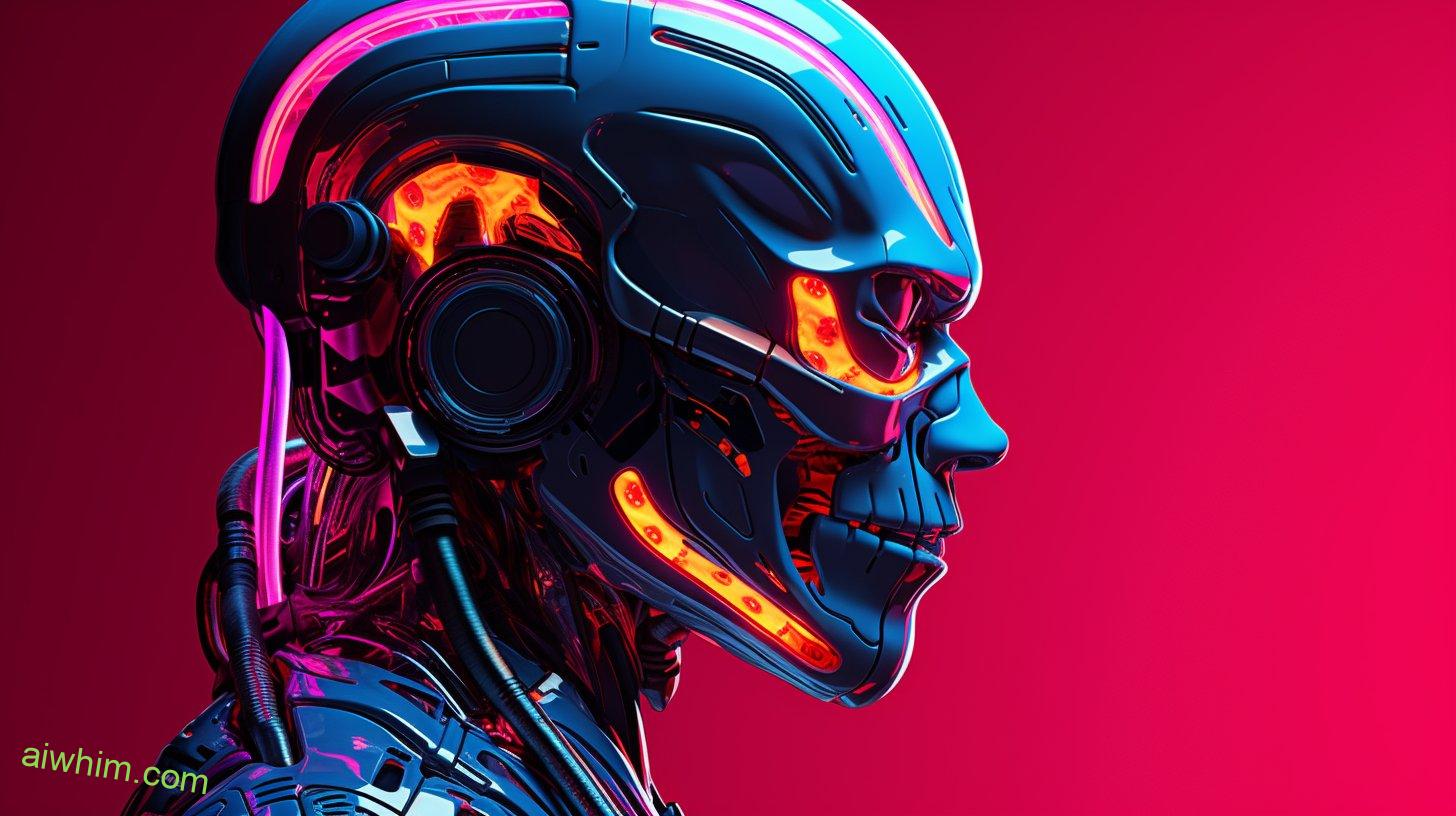
Adapting to AI: Strategies for Opticians in the Digital Age
To successfully adapt to the digital age, you must explore strategies that allow you to leverage AI technology in your optician practice. Embracing automation from an optician’s perspective is crucial to stay ahead in this ever-evolving industry. While some may fear that AI will render optician positions obsolete, it is important to recognize that technology can actually enhance and streamline your services rather than replace them entirely.
One strategy for embracing automation is by integrating AI-powered tools into your daily operations. These tools can help automate repetitive tasks such as appointment scheduling, inventory management, and data analysis. By allowing technology to handle these tasks, you free up more time to focus on providing personalized care and attention to your patients.
However, it is essential to strike a balance between technology and the personal touch that sets your practice apart. While AI can provide recommendations based on algorithms and data analysis, it cannot replicate the human connection and empathy that you bring as an optician. Your expertise in understanding individual needs and preferences cannot be replaced by machines.
Incorporating AI also means staying updated with the latest advancements in the field of optometry. This could involve attending conferences or workshops that focus on technological innovations or collaborating with other professionals who have successfully integrated AI into their practices.
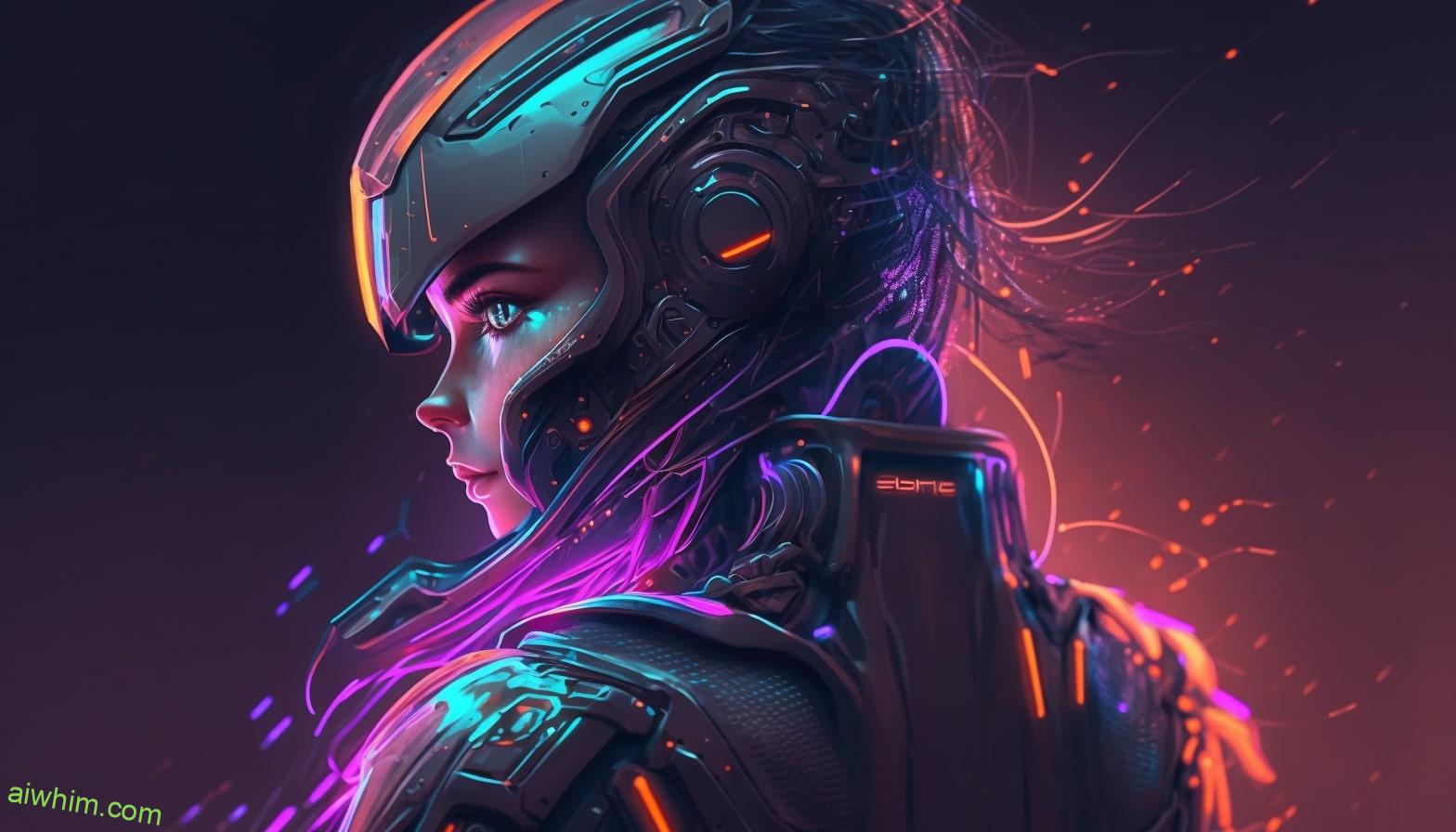
Frequently Asked Questions
How Can Opticians Adapt to the Use of AI in the Digital Age?
You can adapt to the use of AI in the digital age by embracing automation and incorporating it into your optician practices. AI in the eyewear industry offers opportunities for growth and efficiency.
What Are the Potential Ethical Considerations With the Use of AI in Optometry?
When considering the use of AI in optometry, it is important to address potential ethical concerns. Patient privacy must be safeguarded, and bias in diagnosis should be minimized. These considerations are crucial for an audience that values freedom.
How Can AI Improve Precision in Lens Crafting?
Imagine a world where AI precision in optometry revolutionizes lens crafting. With AI in lens crafting, you can expect unparalleled accuracy and efficiency. Embrace the freedom that comes with advancements in technology.
What Strategies Can Opticians Employ to Address Concerns About Job Loss in the Field?
To address concerns about job loss in the field, opticians can employ strategies such as embracing new technologies, staying updated on industry trends, and focusing on providing personalized and specialized services that AI cannot replicate.
How Can AI Enhance the Overall Patient Experience in Optician Services?
Enhanced diagnostics and personalized recommendations: AI in optician services revolutionizes the patient experience. Embrace the freedom of cutting-edge technology that ensures accurate prescriptions and tailored solutions for your visual needs.
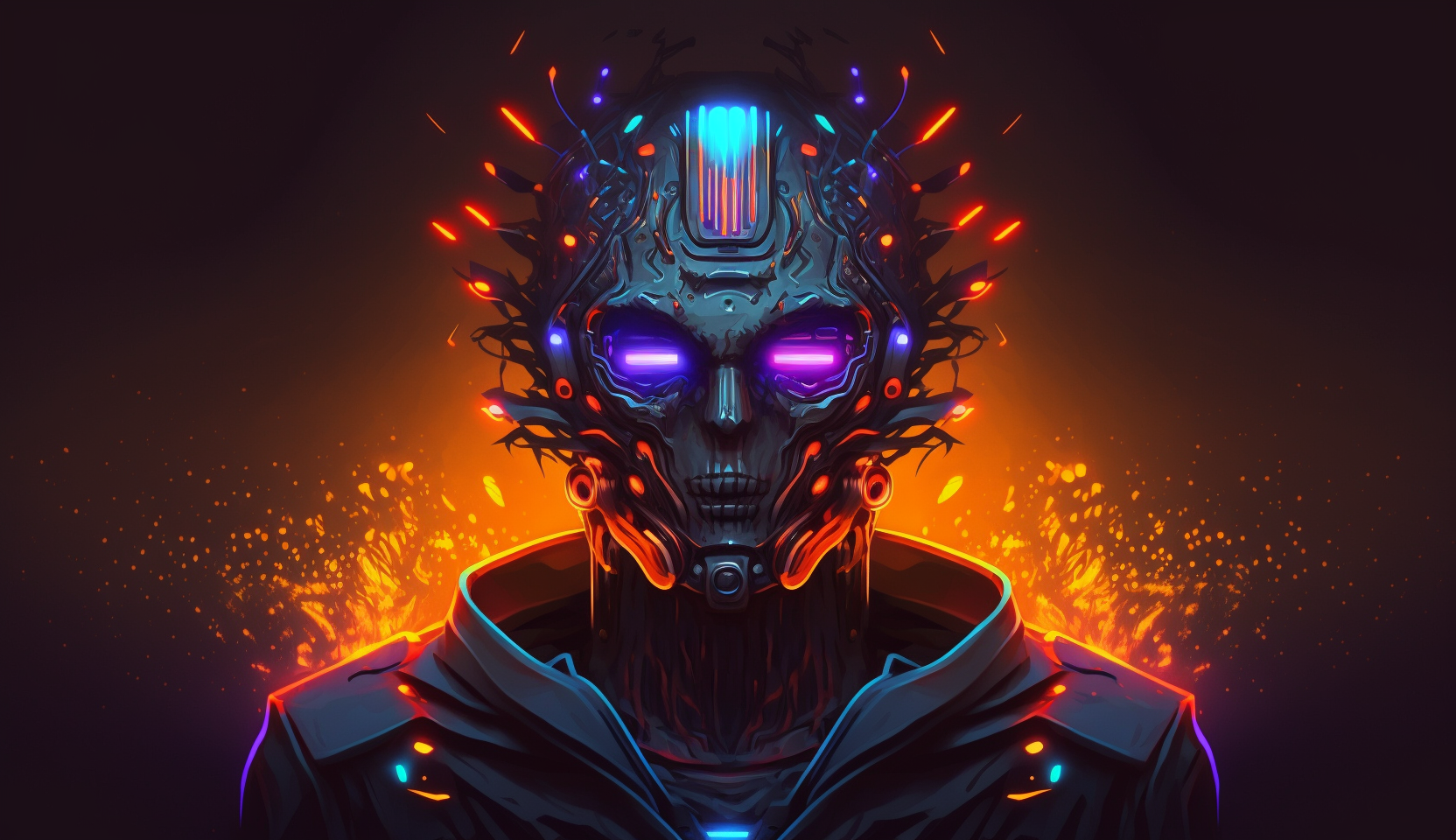
Conclusion
In conclusion, while AI has undoubtedly made significant advancements in the field of optometry, it is unlikely to render optician positions obsolete. The integration of AI technology can actually enhance the overall patient experience and improve precision in lens crafting.
Opticians must adapt to this digital age by embracing AI as a tool rather than viewing it as a threat. Just like how eyeglasses have evolved over time, opticians must also evolve and embrace the potential that AI brings to their profession.

